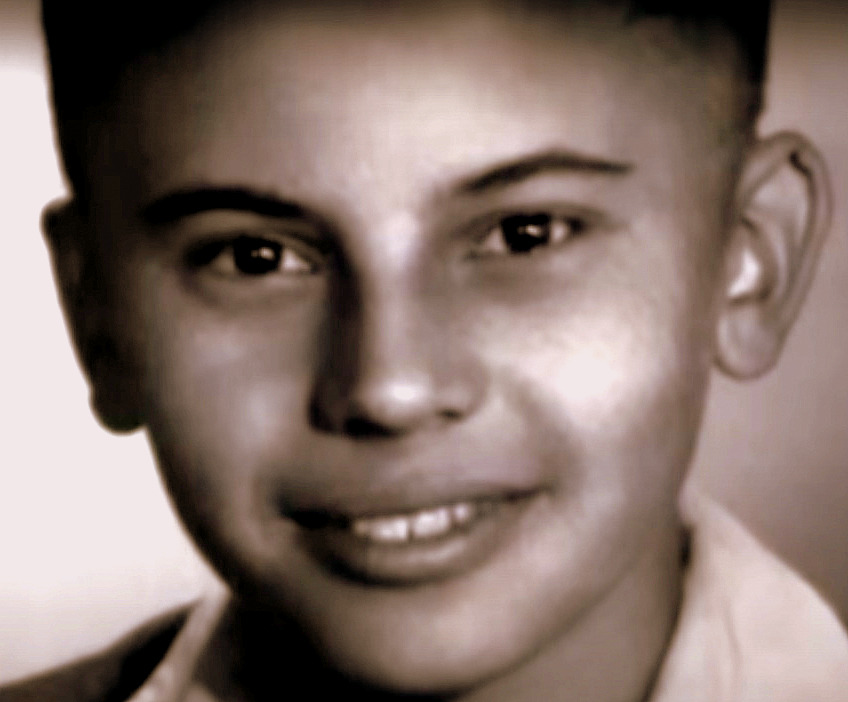Už nebyl důvod o tom mluvit, válka skončila

Download image
Miroslav Košťál se narodil 17. září 1932 v Domažlicích. Jeho otec Rudolf Košťál byl štábním strážmistrem četnictva a v neklidné době před podpisem Mnichovské dohody střežil jako člen Stráže obrany státu (SOS) československou hranici. V roce 1939 byl Rudolf Košťál přeložen do Roztok u Prahy, kam se následně přestěhovala i celá jeho rodina. V březnu 1945 zahynula během velkého náletu na Kralupy nad Vltavou tehdy dvacetiletá Boženka Košťálová, sestra pamětníka. Jejího pohřbu se zúčastnila většina obyvatel Roztok, stejně jako dalšího pohřbu konaného 3. května 1945. V ten den vyšel manifestační průvod obyvatel Roztok vyprovodit na místo posledního odpočinku deset obětí z ‘vlaku smrti’. Transport se čtyřmi tisíci vězni z nacistických koncentračních táborů zastavil v Roztokách 29. dubna 1945 a dále měl směřovat do koncentračního tábora Mauthausen. V Roztokách se transport podařilo na několik hodin zastavit tamnímu přednostovi stanice Janu Najdrovi. Zuboženým vězňům se ihned dostalo spontánní pomoci nebývalých rozměrů, od zásobování potravinami přes lékařskou péči až po organizování útěků a následné ukrývání. Pomáhat se snažil i tehdy dvanáctiletý Miroslav, jeho otec organizoval útěky vězňů. Po vypuknutí Pražského povstání odjel otec pamětníka se skupinou dobrovolníků na pomoc Praze. 5. května se zúčastnil bojů v pražských Dejvicích, poslední tři dny války pomáhal stabilizovat situaci v Roztokách. V té době bylo ve městě internováno na 1500 zajatých Němců, vojáků i civilistů. Za ne zcela vyjasněných okolností z nich bylo vybráno 29 příslušníků SS, kteří byli 10. května 1945 v roztockém Tichém údolí popraveni. Krátce po válce, 17. května 1945, zemřel starší bratr pamětníka Zdeněk Košťál. Komplikovaným zápalem plic onemocněl při odklízení následků bombardování plzeňské Škodovky, kam byl odeslán v rámci totálního nasazení. Otec pamětníka byl po komunistickém puči nuceně penzionován a až do své smrti pracoval jako pomocník při archeologickém výzkumu. Miroslav se po ukončení obecné školy vyučil elektromechanikem a více jak třicet let pracoval v roztocké Penicilince. Povinnou vojenskou službu prožil v Plzni, kde se v roce 1953 stal přímým svědkem nasazení armády proti demonstrantům během nepokojů po vyhlášení měnové reformy. Miroslav Košťál je vdovec, žije (r. 2024) v Roztokách u Prahy.